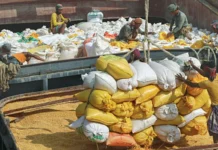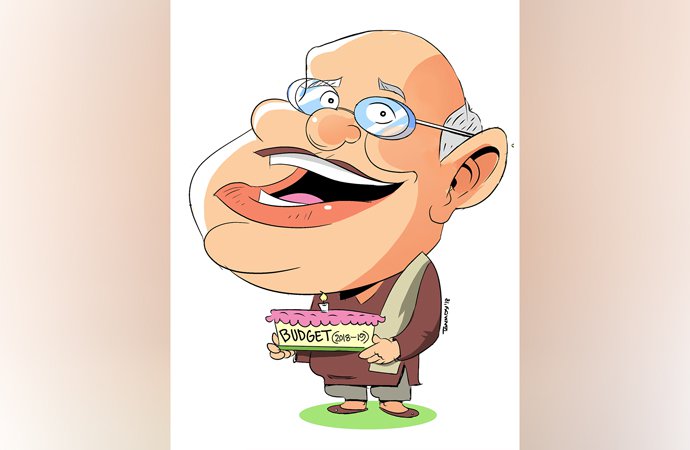Feb 6 (Reuters) – Bangladesh’s annual inflation rate in January eased to 7.38 percent from 7.69 percent in December, the statistics bureau said on Wednesday, as prices of both food and non-food items rose at a slower pace.
The central bank cut its key policy rates by half a percentage point last week for the first time since 2009 on a slower economic growth outlook.
Food prices in January were 7.21 percent higher than a year earlier, a slightly slower clip than December’s 7.33 percent. Non-food inflation moderated to 7.79 in January from 8.43 percent the previous month.
January’s reading based on the new series using 2005-06 as a base year was 6.62 percent, up from December’s 7.14 percent.
The government raised oil prices by up to 11.5 percent last month in the latest move to trim the subsidy burden, but backtracked on a plan to hike electricity tariffs for now.
Price pressures are a major concern for the government, which faces an election in early 2014.
Last week the central bank also cut its growth forecast to 6.4 percent in the current fiscal year ending in June, down from 7.2 percent targeted earlier, as sluggish global demand weighs on exports.
Annual inflation in the financial year that ended in June 2012 accelerated to 10.62 percent from 8.80 percent the previous year. Non-food prices were the major contributor as the government, saddled with a huge subsidy bill for oil, raised fuel and power charges several times.
Bangladesh aims to trim inflation to 7.5 percent in the current fiscal year.
The central bank raised rates a total of five times in 2011 and early in 2012 to battle stubbornly high inflation.
Price pressures began to ease last February and continued to moderate, but picked up again in November and December.
Source; Reuters









